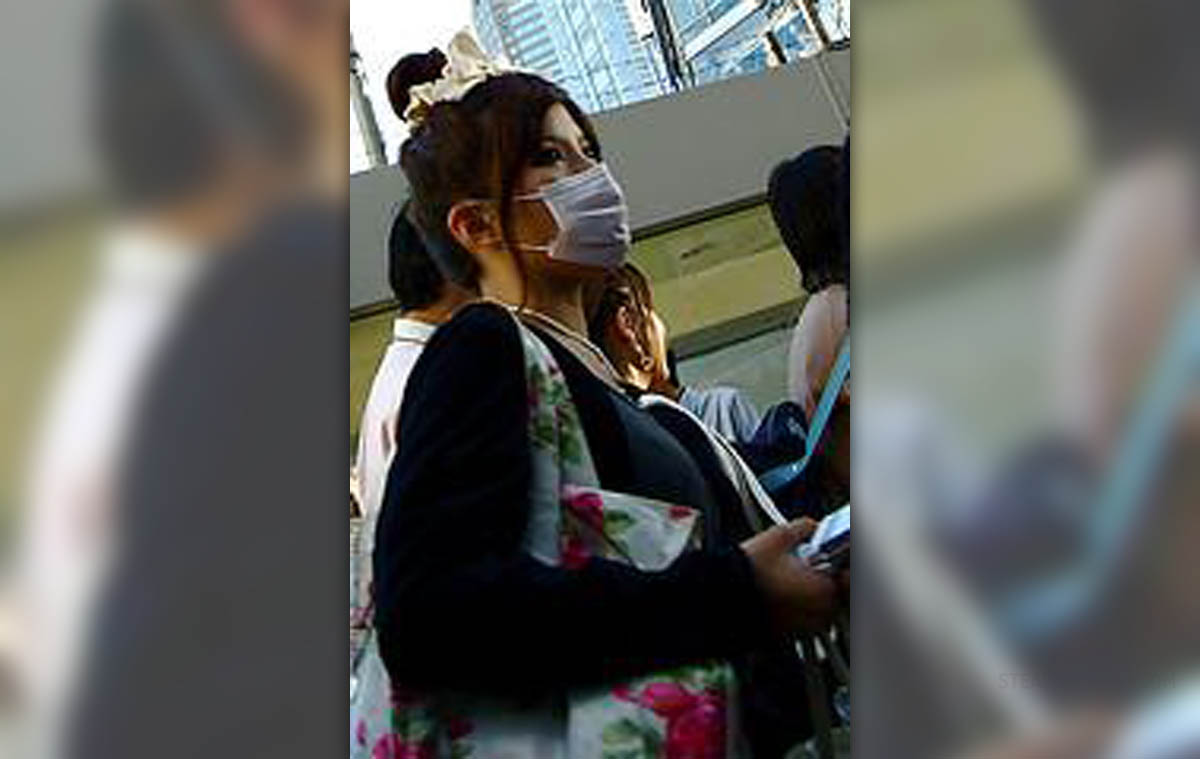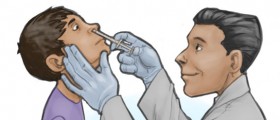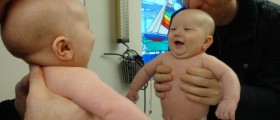
Seasonal Flu Can be Prevented
The flu is a viral infection characterized by easily recognizable symptoms such as high body temperature, general feeling of weakness, runny or stuffy nose accompanied by coughing and sore throat, vomiting, and in many cases headaches as well. A child who is coming down with the flu may not be exhibiting all of the symptoms so parents have to be alert and able to identify any changes in the child’s health condition or overall behavior.
Although there are various protective measurements when it comes to preventing the flu the one that seems to be the most effective for both children and adults is the annual flu vaccine. As the viruses mutate the vaccines change and protect against two or three different types of infections. Many experts agree that children between the ages of 6 months and 18 years should be vaccinated every year. Even though 6 months may seem very early the most severe flu induced problems are observed in children who are younger than 2. Parents of children who are younger than 6 months need to be vaccinated against the flu. Mothers who breastfeed can continue to nurse their baby even if fighting the flu without having to worry about getting the child sick. Through breast milk the mother transfers her antibodies to the child so he or she will not get sick. Further, individuals who suffer from chronic respiratory problems are advised to get vaccinated every year as they are at the higher risk for coming down with flu. Persons who are at an increased risk for developing the flu include pregnant women, seniors older than 65 as well as children. Similarly, people who frequently spend time with children who have chronic illnesses should be vaccinated against the flu. Anyone who comes into contact with children on a regular basis, such as daycare teachers, babysitters, school teachers, coaches, and so on should also get the shot regularly.
Lastly, it is imperative for the health care workers to be vaccinated in order to protect both the patients and themselves. It should be noted that medical institutions charge a fee for administering flu shots. Aside from getting a flu shot, individuals should eat a healthy diet, exercise on a regular basis as well as avoid crowded places as much as possible in order to protect themselves from contracting the flu.
Protection Methods against Flu
In case a child contracts the flu and is unable to fight it off within a few days antiviral drugs are administered in order to help. Antiviral drugs are also known to prevent further complications. It is important that a doctor checks a child who is getting sick early as antiviral drugs are most effective within the first 48 hours since the onset of the symptoms. Parents whose children are at increased risk of developing further respiratory complications should be especially attentive during the flu season. For instance, the warning signs to look for before the child comes down with the flu include irritability, fatigue, breathing problems, and worsening of any underlying chronic conditions.
Further, adults usually do not require such medications to fight the flu. Individuals who could be given antiviral drugs are children younger than 5 as well as children with weak immune system and chronic health problems. Antiviral drugs may take a little time before becoming effective and should be taken in accordance with doctor’s recommendations.
Likewise, the primary health care provider should be consulted before giving a child any over-the-counter or fever reducing medications. In addition, a medical care provider may prescribe Tamiflu as part of the therapy but as many children are unable to swallow capsules they can be opened and mixed with juice or another kind of liquid a child enjoys without destroying the effects of the medicine. Most medical care providers agree that children should not be given Aspirin to treat the symptoms of the flu as they are likely only to worsen. Antibiotics will not be prescribed to treat a viral infection but only if the doctor feels the infection is bacterial. A sick child requires plenty of fluids as well as rest. It is advised that parents teach their child to sneeze into the elbow or the upper arm in order to prevent the germs from further spreading. Anyone infected with the flu that comes into contact with a child should not prepare his or her food or sneeze or cough in their proximity. Furthermore, a sick child should be isolated as much as possible not to infect the caregivers or other individuals living in the house. There should be no smoking or drinking alcohol in the presence of a sick child. Once the child starts to get better he or she should not be sent to school until the temperature has been back to normal for at least 1 day without the help of drugs.

















Your thoughts on this
Loading...